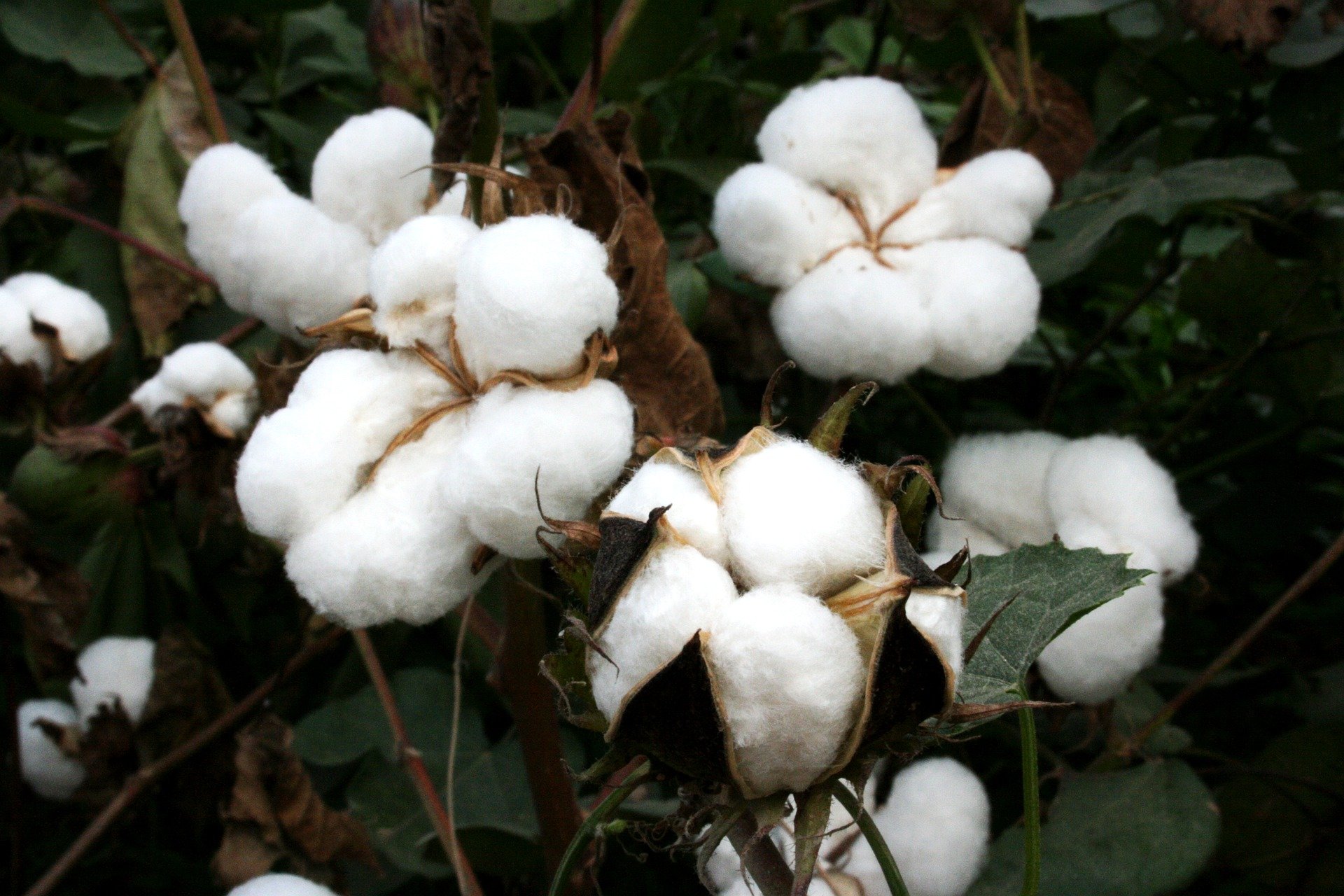Overview
Researchers
Ariel Zucker
Assistant Professor University of California, Santa Cruz
Nick Hagerty
Assistant Professor at Montana State University
- Country
- India
- Timeline
- 11/05/2021 - 07/01/2023
- Previously Funded Stages
- Pilot
- Constraints
- Externalities

Photo credit: Isaaakc, Pixabay
Managing groundwater resources is a critical agricultural issue, especially in areas without access to irrigation. In many regions, farmers do not pay to use groundwater nor for the electricity required for extraction. This lack of financial incentives to efficiently use groundwater may lead to overuse, misallocation, and inequitable distribution among farmers. One policy solution is to pay farmers for conservation, a strategy known as payments for environmental services (PES). PES has been deployed to incentivize voluntary resource conservation in other contexts; however, there are few randomized evaluations to show the impacts of PES programs. Do farmers reduce their groundwater pumping in response to PES, and what size payment sufficiently incentivizes more sustainable and efficient use of this critical natural resource?
This pilot will support the digitization of Groundwater Prospects Maps (administrative geological and hydrological data prepared by the National Remote Sensing Center, Government of India), and plans for a randomized evaluation to understand the impacts of PES on groundwater consumption and agricultural production. Researchers will install tamper-proof water meters for a sample of smallholder farmers, who predominantly grow cotton in the water-scarce Saurashtra region of Gujarat, India. This pilot will inform the number of farmers who will receive a “high,” “low,” or no payment for each hour of water conserved relative to a predetermined benchmark. By randomly selecting which farmers are offered a high or low price for conservation, or no PES incentive to conserve, researchers will identify the impacts of PES and how payment size affects farmers’ groundwater use.
This pilot is ongoing, and findings are forthcoming.